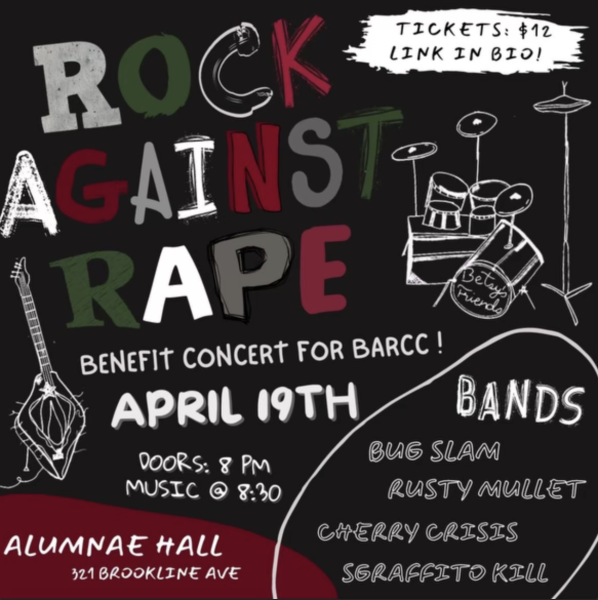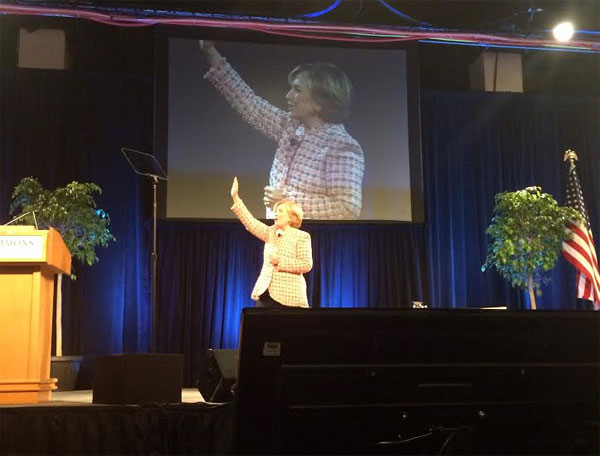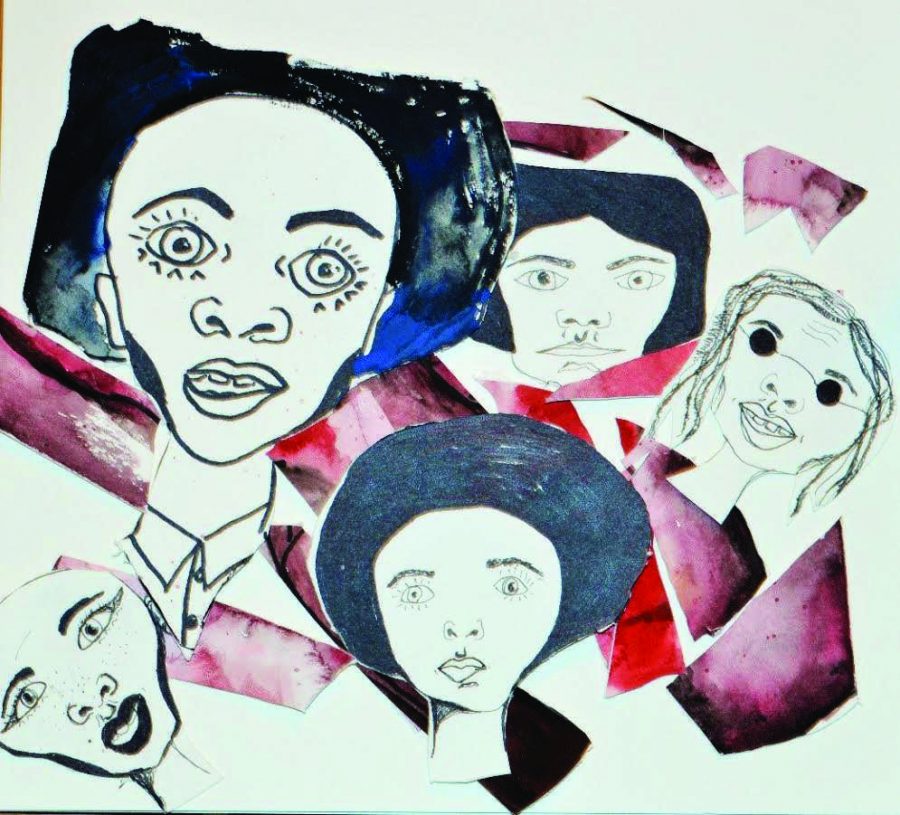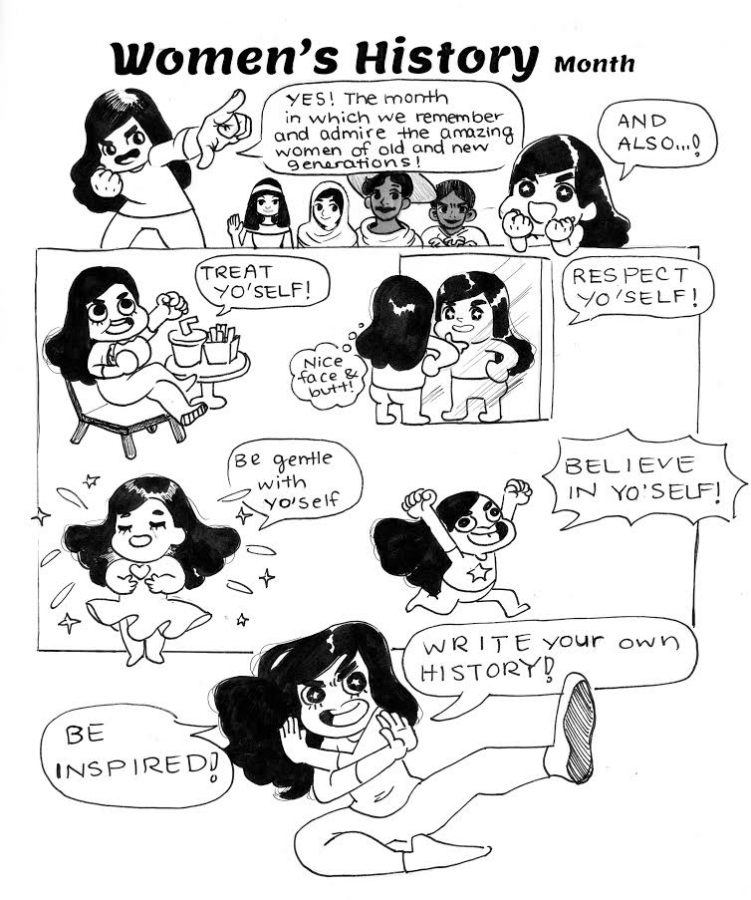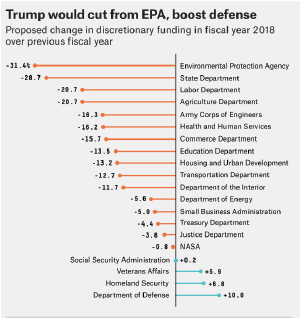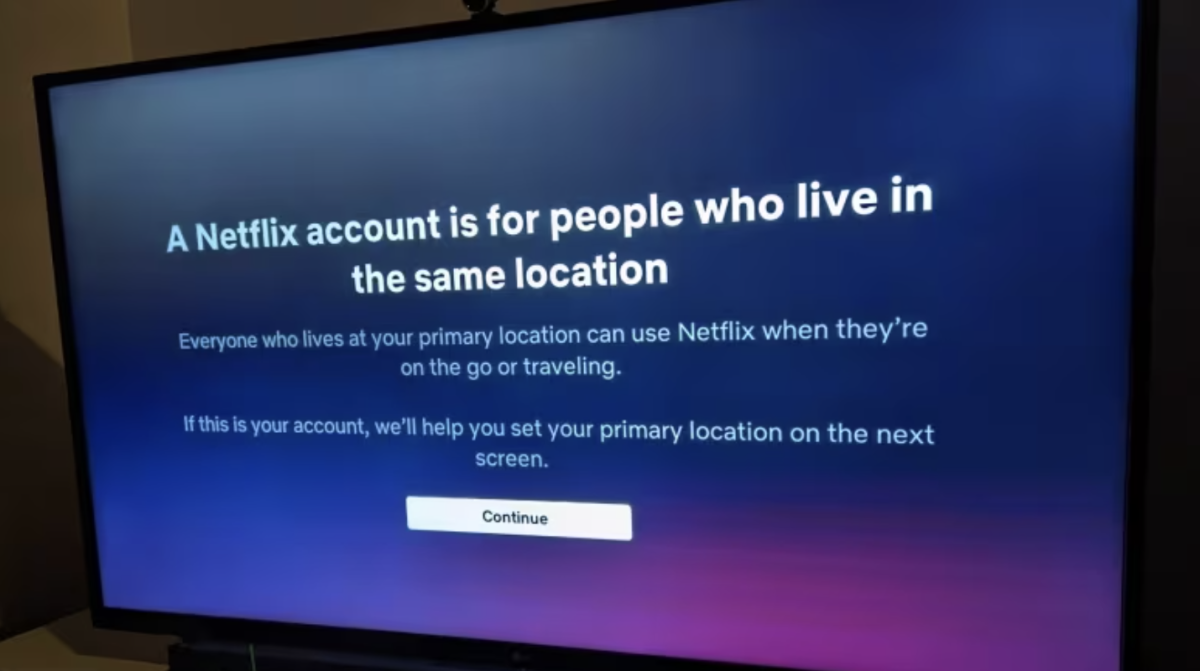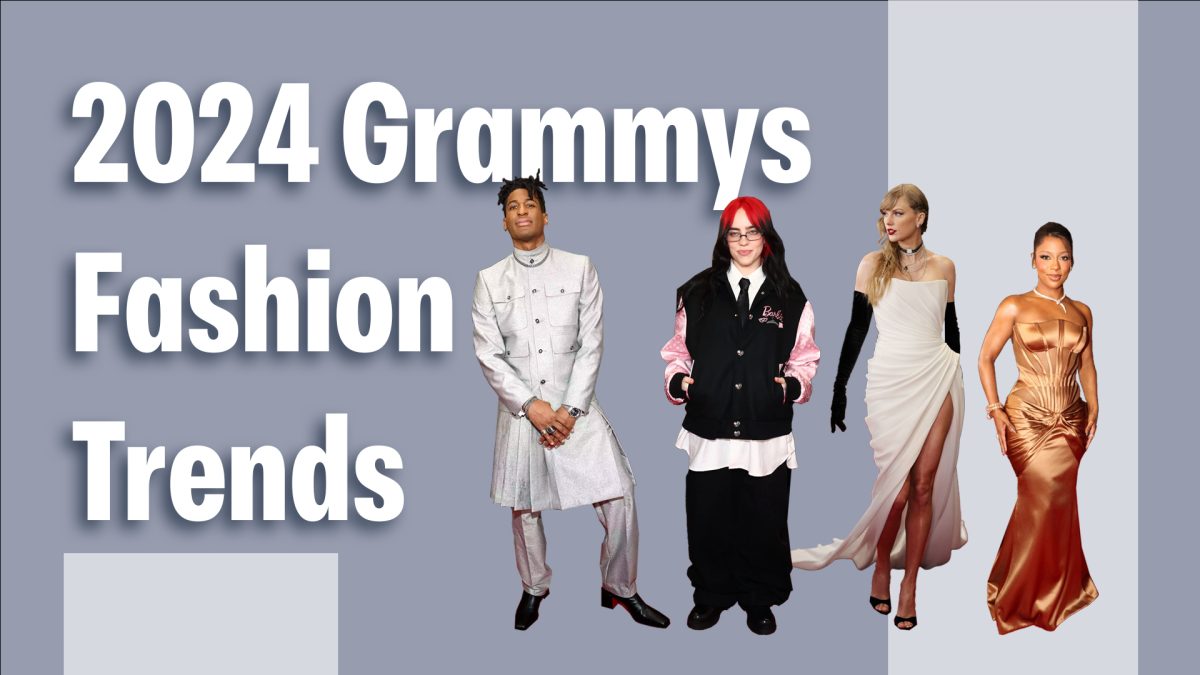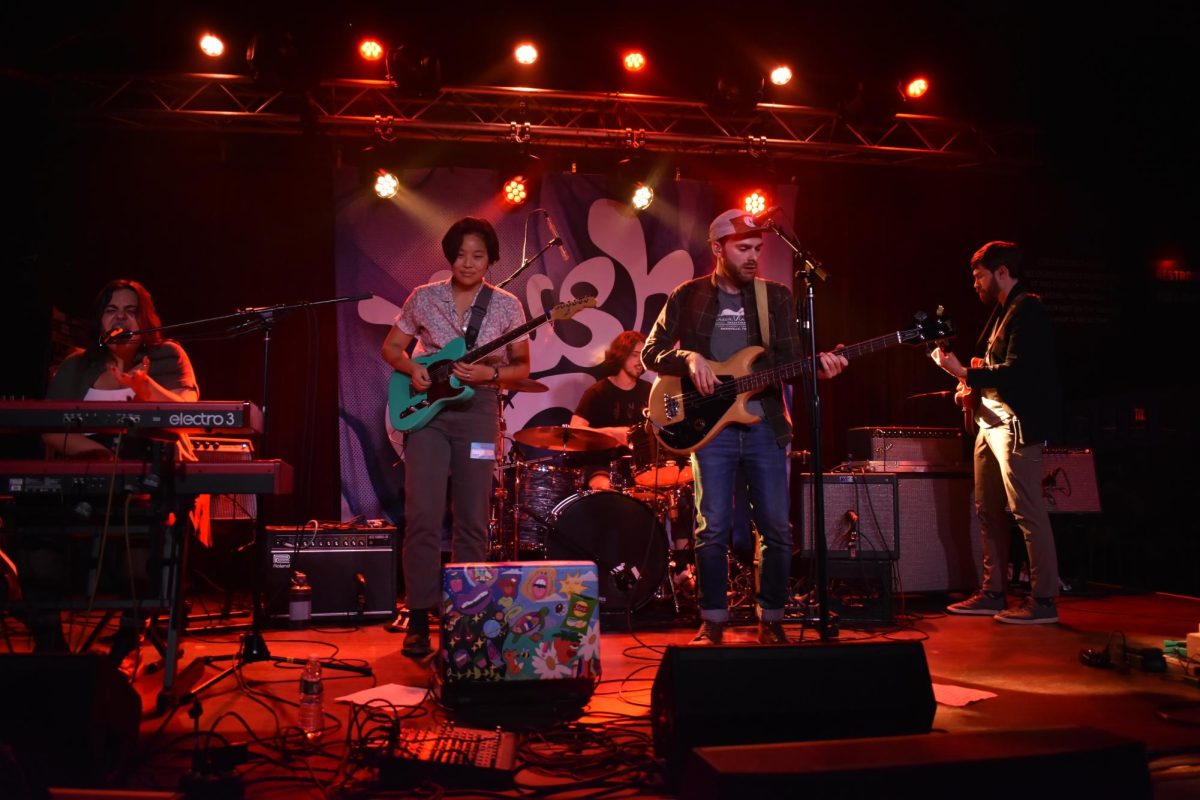By Jessie Kuenzel
Staff Writer
“Why are you getting so upset? It’s just a word,” said no one who ever was bullied as a child.
The Ban Bossy campaign is, I think, a step in the right direction on a road that we are already traveling down. There has been a growing national attention on the use of different words that previously had been casually flung around by people who were unaware of the negative or hurtful connotation these could have.
Bossy doesn’t really fit into this group of “well I know it means [insert real meaning of word], but that’s not how I was using it.” Bossy is an adjective that is defined by dictionary.com as “given to ordering people about; overly authoritative.” So, by its definition, it is simply a descriptor—it doesn’t have any historical implications or refer to a specific group of people. It is just a word.
“I’m bossy and proud of it,” the female CEO might think. “I want my daughter to be proud and to stand up for herself,” mothers might say. “Being authoritative isn’t a bad thing,” the Ban Bossy opposition is saying. And in their own ways, all these people are right! The female CEO who has worked hard—and been successful—her whole life in a male-dominated business world has every right to be proud. The mothers who want their daughters to be empowered are, of course, right.
The members of the Ban Bossy opposition who are all saying that “bossy” is something to be proud of all have one thing in common: they’re all adults.
If, as a fully developed adult, you’re comfortable being bossy, that is totally awesome for you, but Ban Bossy is targeted at school-aged girls and younger. Having co-workers whisper that you’re “bossy” behind your back at the water cooler because you took charge on a project is not the same as having it spat at you as a young, impressionable seven-year-old girl who was just trying speak her mind; as an adult you might have your feelings hurt a bit, but as a young girl you might potentially be discouraged from speaking up in the future.
As adults, we are more capable of separating things out in our minds; we’re able to realize when people say negative things about us it’s because of a flaw with the speaker, not ourselves. “Bossy” is a word that has, for a long time, been used by society to push down women who are willing to step up and take charge. Behavior classified as “bossy” in a woman is “confident” or “proud” in a man.
But the problem is, and this what Ban Bossy is addressing, that “bossy” is a word often used to reprimand little girls—either by their peers or by adults. And although rationally speaking being bossy might not inherently be a bad thing, when little girls constantly hear this word used—against themselves or others— in a negative way, it discourages them from acting with confidence or authority lest they be called bossy again/too.
Anyone who has ever been bullied knows that words can be hurtful. Kids can sometimes come up with the strangest reasons to bully someone; even the most innocuous-seeming word, when thrown in a child’s face with a hurtful tone, can do damage. It might not sound hurtful to an adult, but children process things in a wholly different way and we need to be aware of that.
So sure, parents might want their daughters to be bossy. Women might be proud of their bossiness. But if we don’t stop the use of this word in a negative way towards young girls, there will be no “bossy” women in the workplace to be proud of their “bossiness” because they will all have been scared away from leadership tendencies a long time ago.
Being “bossy” isn’t a bad thing, and no one is saying it is, but being called bossy can be harmful to a young girl. This is what Ban Bossy is getting at, and I think all the backlash is irrelevant because it basically boils down to the same thing in the end: We all know being bossy isn’t a bad thing, we just need to change the way it’s being used to put down women and—most importantly—girls.



